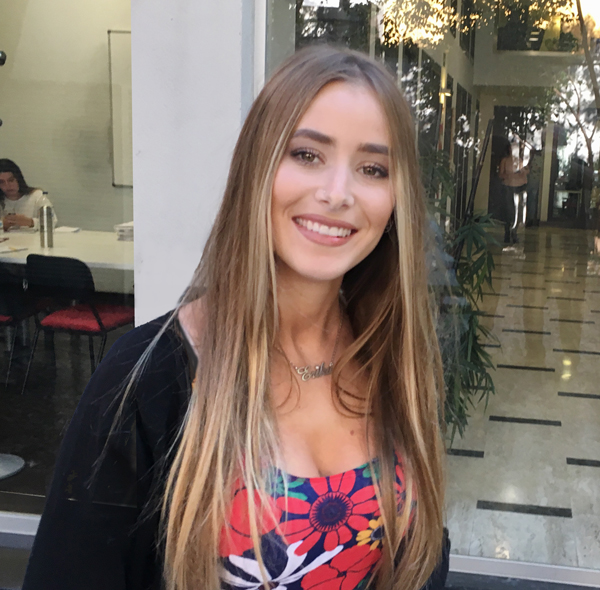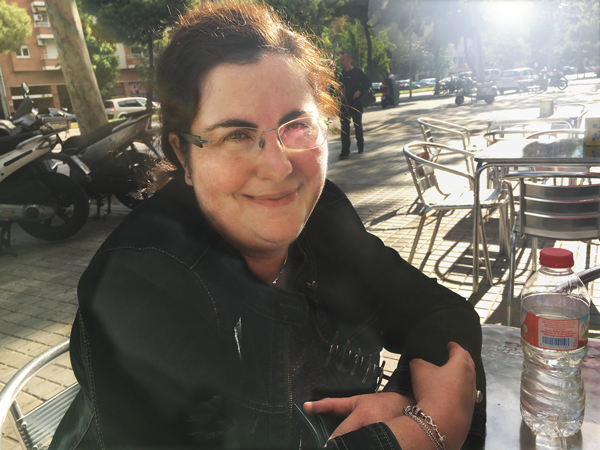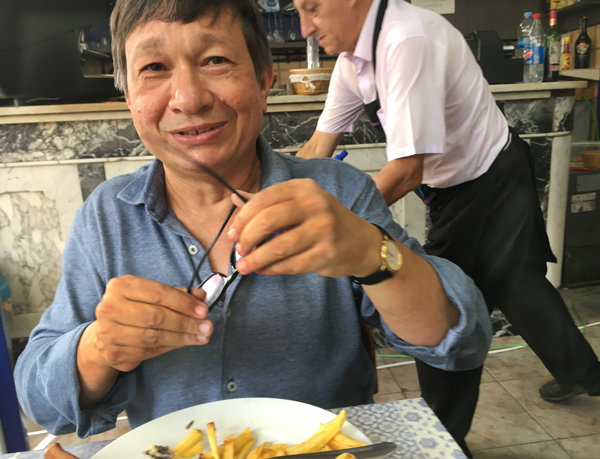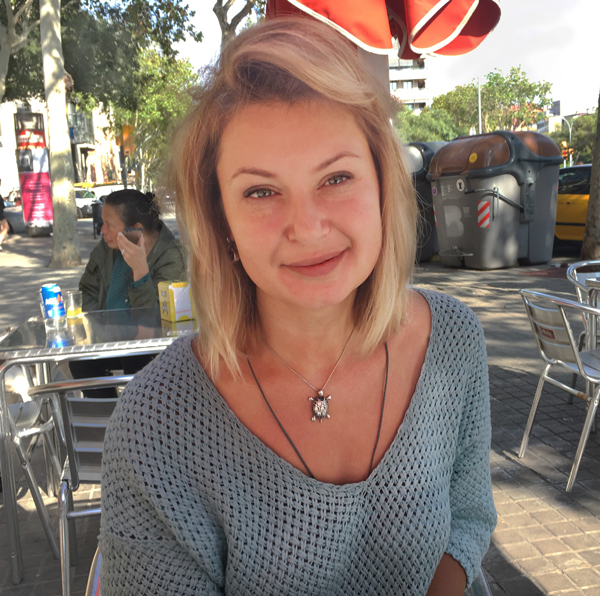Pence and Impeachment
 If you think impeachment is about removing a president from office, you’re only partly right.
If you think impeachment is about removing a president from office, you’re only partly right.
It doesn’t matter whether a president is actually dismissed, the very process of impeachment is a vital exercise in checks and balances, one that helps keep our democratic system healthy and in working order.
Article II, Section 4 specifically empowers Congress to step up and protect the nation from grifters and liars.
Even if a president is ultimately acquitted, impeachment shines daylight on questionable behavior and spawns a national debate that clarifies the lines a president can’t cross. Citizens are enabled through their elected representatives.
If the One Hundred Sixteenth Congress were to find reason to impeach Donald Trump (a possibility with any president), it would set a valuable marker for future generations of Americans.
Our Founding Fathers gave us the power to impeach. They bequeathed it to us not just as a right, but as an obligation.




